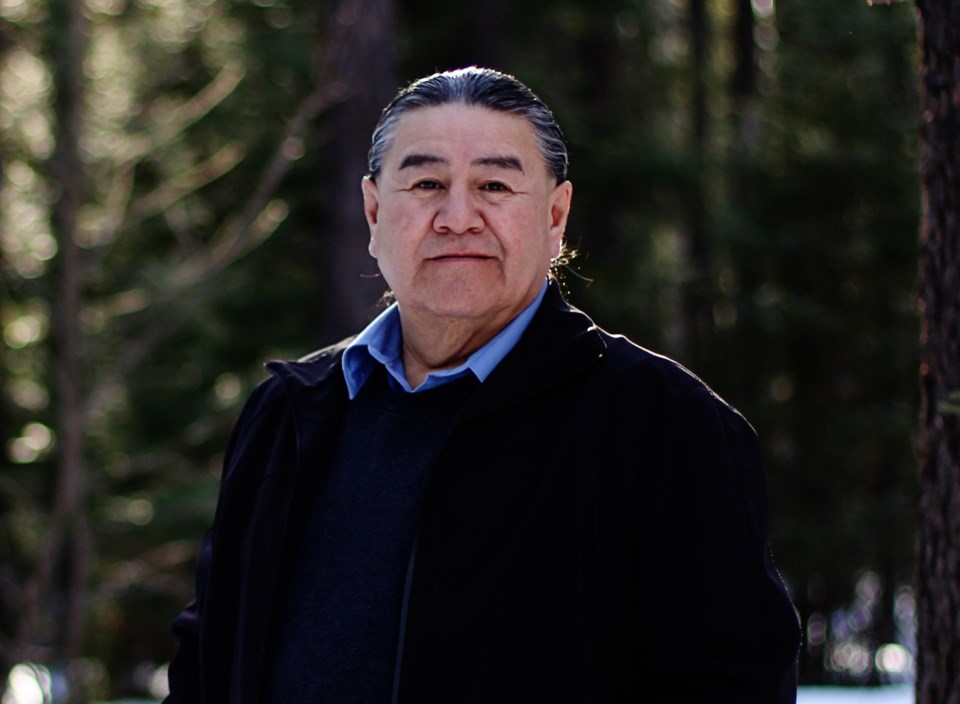First Nations on the James Bay coast will have more funding to combat drug and alcohol issues.
Mushkegowuk Council announced a more than $7 million funding plan for Attawapiskat, Fort Albany, Kashechewan, and Moose Cree First Nation to train staff and enforce anti-trafficking bylaws and community efforts to curb drug and alcohol issues.
“The funding will help them address those issues, train the appropriate people that they want to hire, and work closely with NAPS so they’re in accordance with Canadian laws,” said Vern Cheechoo, Mushkegowuk Council’s executive director.
In 2017, Mushkegowuk Council of Chiefs declared a state of emergency due to the distribution of illegal drugs within its communities and the devastating impacts of substance abuse, including alcohol.
Preliminary findings released in December 2023 from the Ontario Regional Coroner’s Office showed that the drug toxicity death rate in Mushkegowuk First Nations between 2019 and 2023 was triple the Ontario average, according to the council.
"The use of illegal drugs and alcohol continues to create serious major challenges for our community governments, policing services, health-care system, schools, child welfare services, housing programs and social services," said Mushkegowuk Grand Chief Leo Friday in a news release.
The funding for each community is roughly $1.9 million for training programs and partnerships with NAPS.
“The priority is training,” said Cheechoo. “That’ll be a big part of it so people will know what they’re doing.”
The initial funding is for one year, after which Cheechoo said they will reassess how the programs are going for two years after that..
“It’s the work on bylaw enforcement to help address those issues of illegal drugs and moving the drugs into the communities and the impacts that’s causing,” said Cheechoo. “It’s a way for the chief and council to respond to those issues within the communities.”
Friday said that funding for social programs and frontline workers in the crisis is a key component to success.
“Their programs and services are underfunded and need emergency support to implement more effective strategies to reduce the illegal drug trade in our communities,” he said in a news release. “It is our responsibility as leaders to take action.”
Moose Cree First Nation has been working with NAPS and OPP to increase enforcement when it comes to sale and trafficking of drugs in the community.
Cheechoo said they’ve seen some of the effects of those measures.
“To a degree, there has been some change from the work they’ve been doing,” he said. “It’s a safety issue as well for the community.”
The importance of community input on where the funding goes is key, said Cheechoo.
“It’s a community-led initiative on how to address the concerns that are coming from the people, and to deal with those issues that are impacting the community,” he said.



